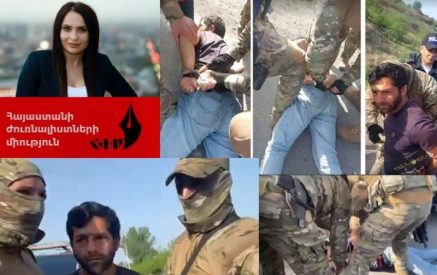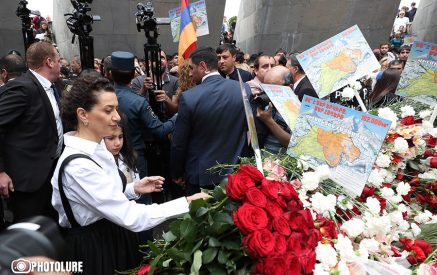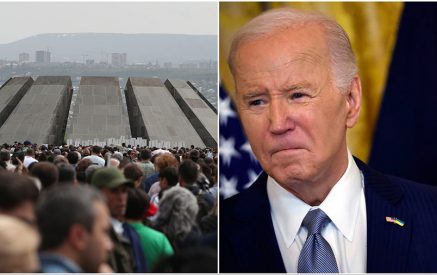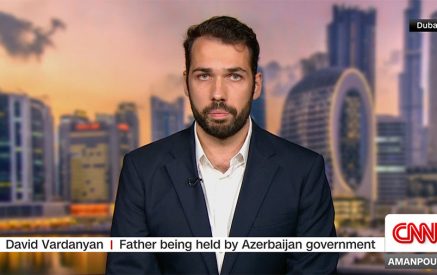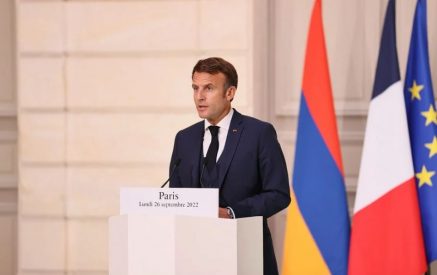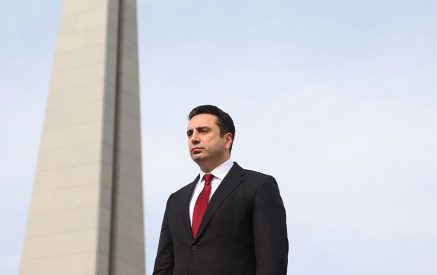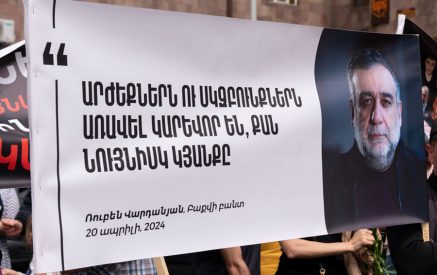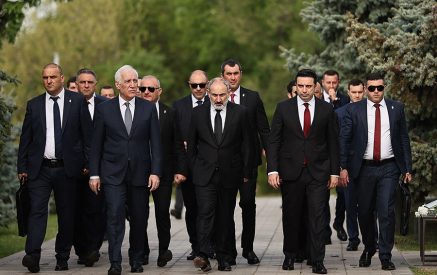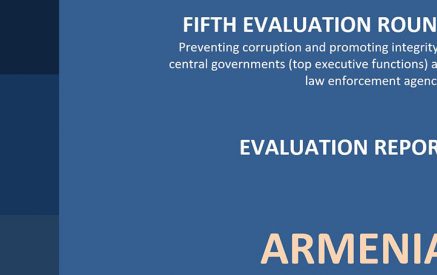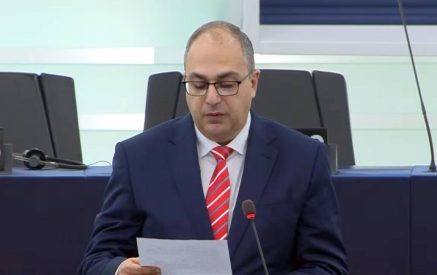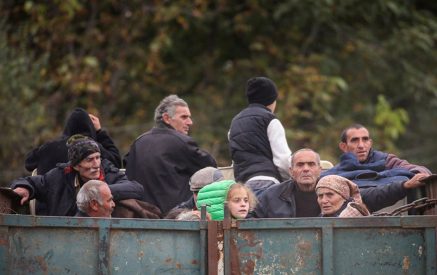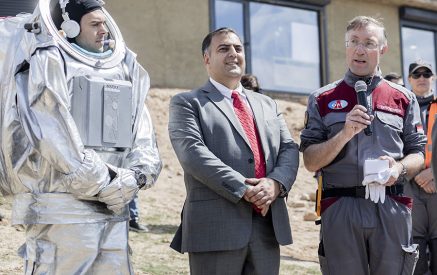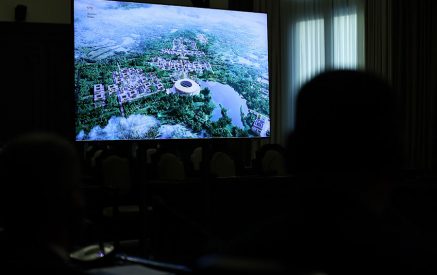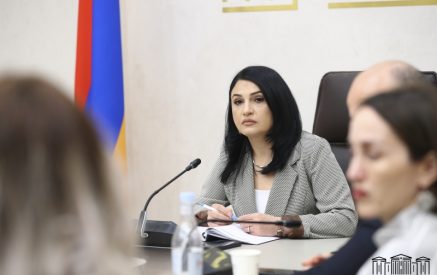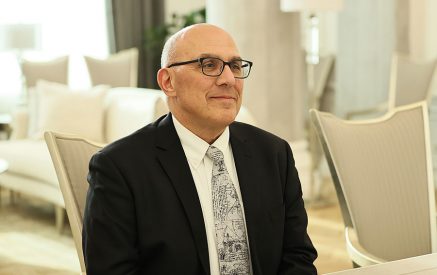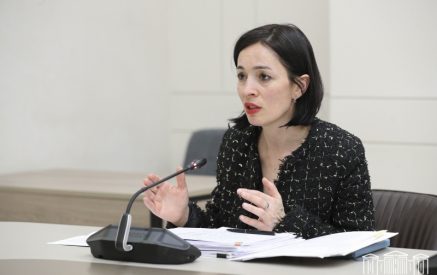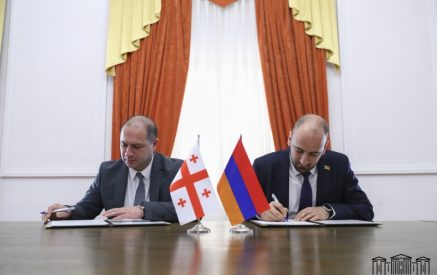History teaching challenged by limited time, curriculum overload and teaching pressures, new Council of Europe report reveals
Strasbourg, 30.11.2023 – The first general report by the Council of Europe Observatory on History Teaching in Europe (OHTE), released in Strasbourg today, highlights teachers’ concerns that crowded curriculums and teaching pressures are the greatest obstacles to history teaching in Europe.
The report, presented at the OHTE’s 3rd Annual Conference, “Teaching History: Teaching Peace?”, presents a clear picture of how history is taught in the sixteen OHTE member countries (*), plus observer Ukraine. It covers themes such as formal aspects of curriculum and classroom practices; challenges faced by educators; the place of history in education systems; textbooks and other educational resources; teaching dynamics; learning outcomes, and students’ assessments.
Council of Europe Deputy Secretary General Bjørn Berge welcomed the observatory’s work as the latest innovation in Council of Europe standards to teach history in a way that equipped citizens with faith in their democracy and with the competences required to understand and defend their democratic culture.
Read also
“The Observatory on History Teaching brings together governments and experts from across member states to distil common agreement on facts and the respect for differing viewpoints that is central to reconciliation with the past. It is a perfect example of the evolution of our approach, and it will only grow stronger as more member states choose to join it,” he said.
OHTE Governing Board chair Alain Lamassoure stressed the importance of the observatory’s work.
“We turn to history to understand the present and how it may affect the future. But history can also be manipulated with serious consequences for human rights and democracy. Today, we must ask: how are young people in Europe prepared to hear about the history of their origins? The observatory was born out of each country’s need to know how to respond to new circumstances, to the constant flux of change in a complex world,” he said.
The report’s 15 key findings (executive summary) show that history is taught from primary school onwards and that in most states history lessons include teaching about minorities, but fewer than half explicitly mention the European dimension.
Textbooks, teachers’ notes, and web-based historical content approved by the education authorities remain the most frequently used educational resources, with the least used being videogames, visits to local events, historical novels, and comics. Teachers voiced concerns that there were too many educational resources available online and in print form, and about the extent to which textbooks foster critical thinking and represent various minorities and sensitive themes. A significant number of teachers rarely or never used primary documentary sources in their history classes and there was a gap between teaching methods they would like to use and how often they used them in practice.
Learning and remembering historical facts, dates and processes was seen by educators as less relevant compared to historical thinking and living together in diverse democratic societies. “There seems to be a general discrepancy between what teachers think is relevant and what they describe as happening in practice in the classroom”, the report concludes.
Teachers would like to receive more training, especially in the use of information technologies, innovative teaching resources and historical thinking competences. However, even when such training was offered and encouraged by the state, the sessions were often poorly attended when they took place outside of regular working hours and/or were not financially supported by the authorities.
The conference was addressed by Timothy Garton Ash, Professor of European Studies at Oxford University (UK), who spoke about the importance of history education especially for the younger generation and the future of Europe in a talk entitled “Can young Europeans learn from the history of their homelands?”.
The OHTE hopes that educators and policymakers will use the findings for further research and apply them to address challenges in the field of history teaching in Europe.


